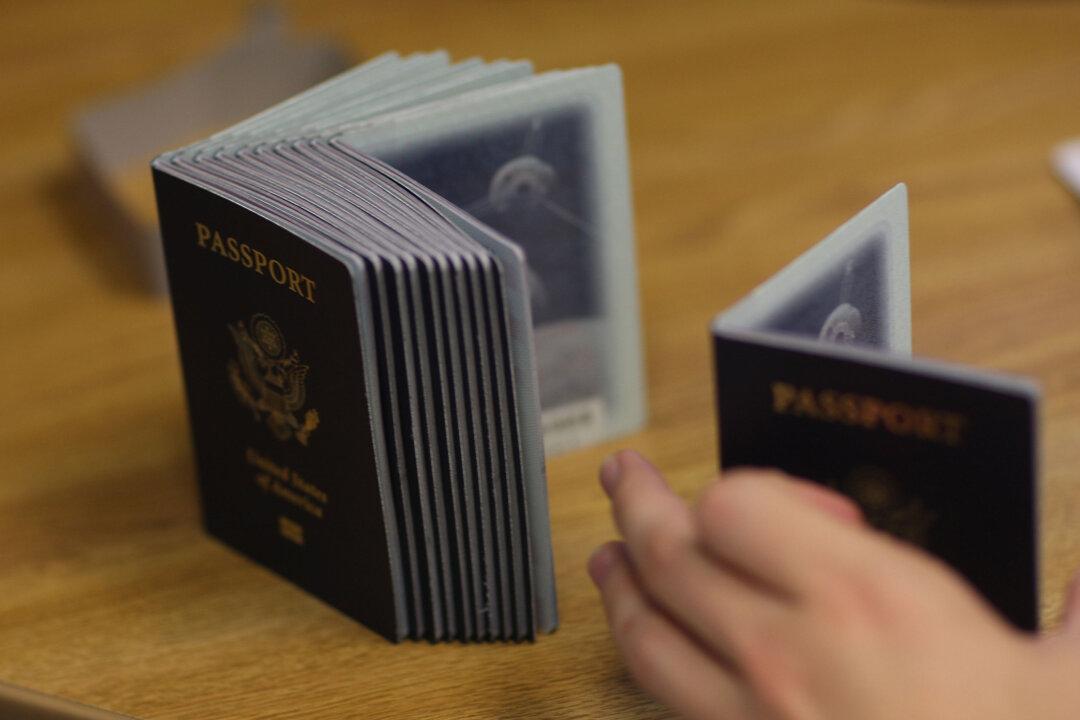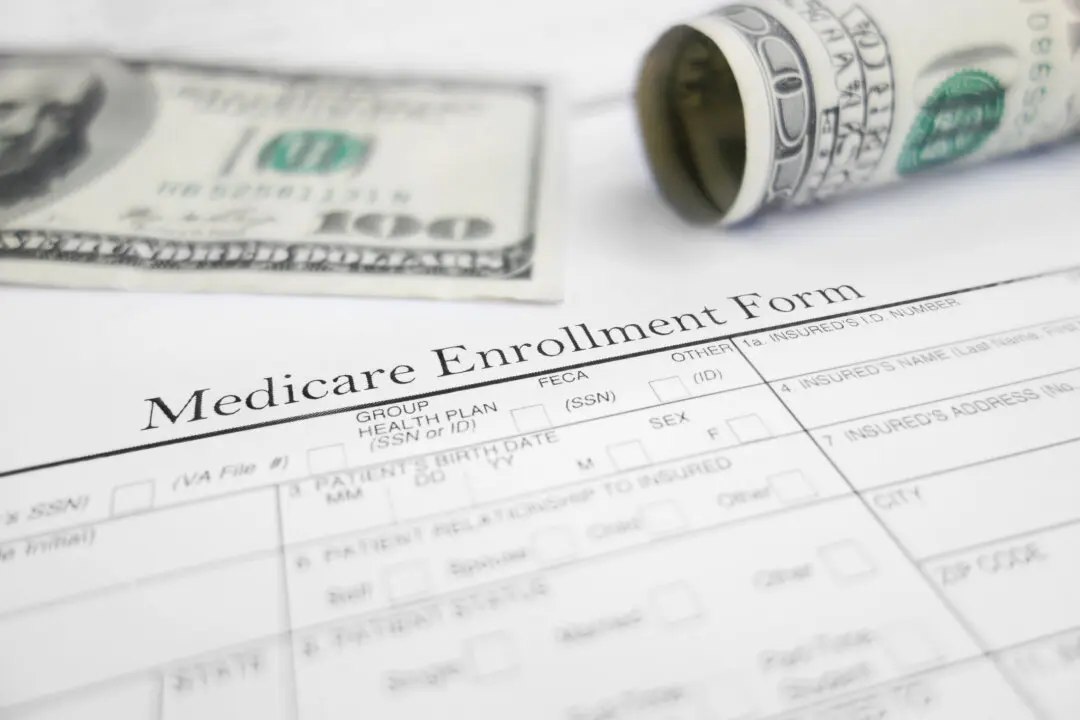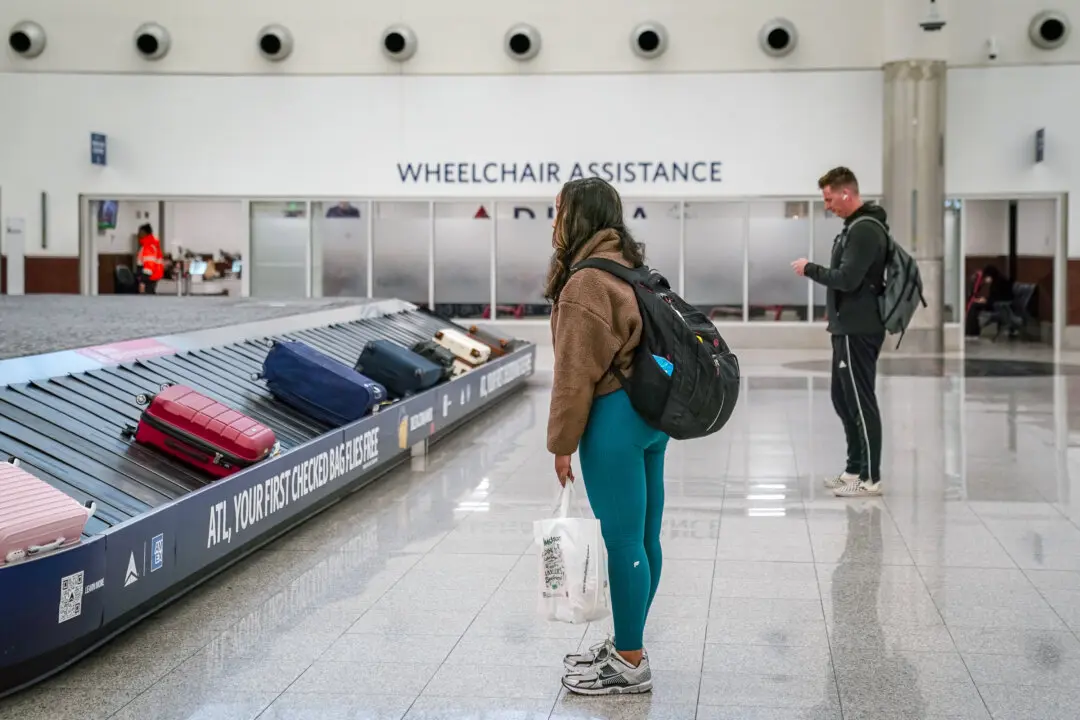A Bay Area family of six had everything arranged for their trip to France at the end of June—except a passport renewal for one of their sons. They'd booked their flights and accommodations in April and gotten a passport appointment in May, paying for expedited service. But one week before the trip, their son’s passport still hadn’t arrived.
They started making daily calls to the U.S. State Department, which issues and renews passports, but couldn’t get through to anyone.
It wasn’t until they saw posts on local Facebook groups that they realized there was a national passport appointment backlog. And it wasn’t until four days before their trip that they learned about a potentially risky way around the backlog.
Why Is There a Passport Backlog?
Andres Rodriguez, lead community relations officer for passport services at the State Department, said the passport backlog is a result of the pandemic’s effect on travel.
During the pandemic, the usual number of expiring passport renewals and new applications significantly decreased because of travel restrictions. As restrictions eased and travel resumed, applications surged. Many people whose passports had expired applied for renewals, and a considerable number of people who had never obtained a passport before also applied for the first time.
As of March 24, 2023, the latest available data, passport processing times were 10-13 weeks, and expedited service was taking seven to nine weeks.
Processing times include the duration a person’s application spends at passport agencies or centers, excluding any additional time taken for mailing.
The department is receiving roughly 400,000 passport applications a week, down from 500,000 earlier in the year. Last year, more than 22 million passports were issued, and the department is on track to surpass that number this year.
According to the State Department, limited appointments are available at passport agencies, and the department prioritizes life-or-death emergencies.






